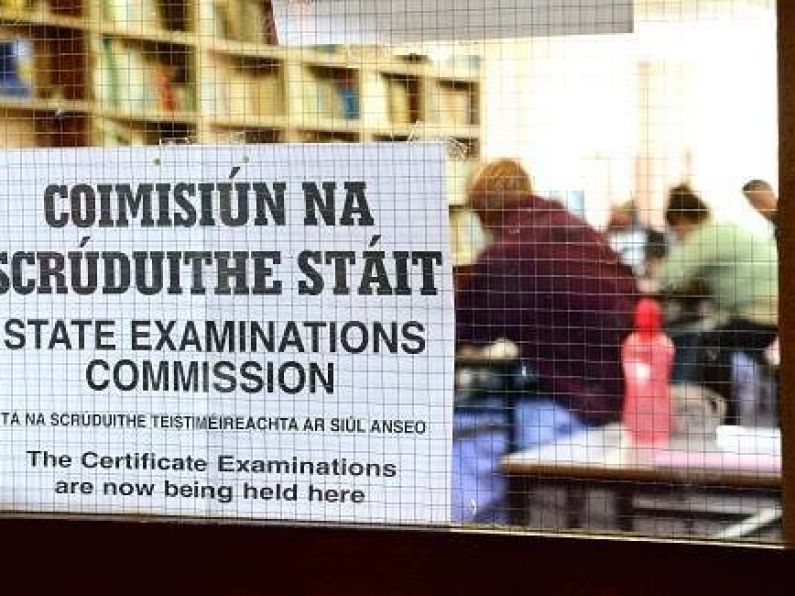By Laurie O'Flynn
With the Leaving Cert out of the way early this year, colleges are receiving a lot of online contact in relation to the CAO Change of Mind facility usually not seen until the final days before the July 1st deadline.
Colleges throughout Ireland are holding virtual open days, online Q&A sessions and many have a webchat facility available where students can ask questions anonymously and get an answer. Anyone with a question about a specific course or subject can also e-mail lecturers individually with questions. E-mail addresses are listed on college websites.
“We’ve witnessed a lot of contact on Change of Mind not usually seen until the end of June,” explains Patrick Cosgrove, student recruitment officer at Mary Immaculate College, where courses include Theatre Studies, Primary Teaching and Secondary Teaching.
“The main questions are from people wondering if the entry requirements are going to change due to the new Leaving Cert format, but there are no changes,” he explains.
Mr Cosgrove puts the rise in the level of contact down to the fact that students have extra time to do the research, and he hopes that this might have a positive knock-on effect on drop-out rates where students don’t progress on to second year because the course wasn’t what they thought it would be.
While colleges have already held open days, if anything, Mr Cosgrove says that the online platform is easier for students.
“Leaving Certs find the use of the online resources easier than the open day. They’re more comfortable with it. It’s something we’ll have to look at more in the future,” he said.
The successful continuation of education through the Covid-19 crisis has been and will continue to be dependent on the availability of broadband. Without it tens of thousands of students at all levels would be without their education. However, coverage is so poor in some parts of the country that students are being excluded from this vital service and their only option is to move to a place that has broadband.
“This has certainly brought to the fore the need for broadband – it’s essential. Something needs to be done,” said Mr Cosgrove.






